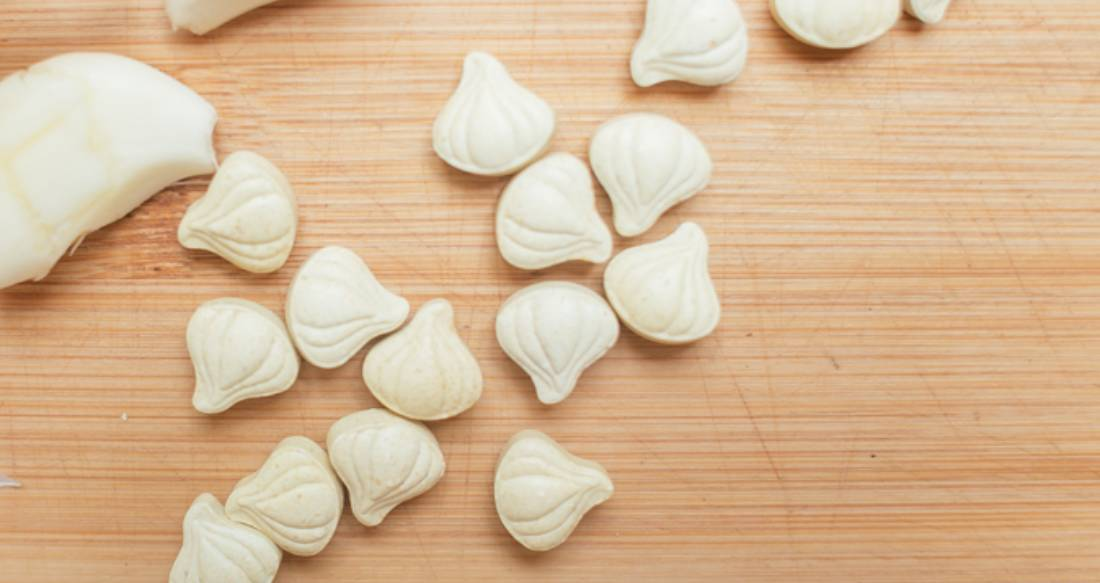A 2020 study by the Philippine Statistics Authority (PSA) has shown that the top three leading causes of death in the country in 2020 were ischaemic heart diseases, neoplasms, and cerebrovascular diseases. This comprised 17.3% of total deaths in the country last year, up 2.3% from 15.7% in 2019.
With nearly 100,000 deaths connected to heart complications last year, this begs the question: are you taking enough care of your heart?
There are many factors at play that contribute to overall heart health, such as your lifestyle, family history, and age. Today, we’re talking about the habits that determine your risk for heart disease:
- Physical activity. Obesity, when left unchecked, can lead to high blood pressure and heart disease. It’s linked to high “bad” cholesterol and low “good” cholesterol levels. Luckily, there are now more at-home workouts available online, and readily available resources that talk about how to manage weight properly.

Physical activity is effective at keeping your blood pressure in the normal range. Constant exercise boosts the heart's strength and can result in lower pressure in the arteries.
Getting one hundred and fifty minutes of moderate exercise, like walking, each week should do the trick. You can achieve this by walking up and down the stairs or jogging in place for thirty minutes per day.
READ: Fuel Your Fitness – Even from Home!
2. Is your diet balanced? High cholesterol is one of the leading causes of heart disease. While medication can often help manage cholesterol levels, there are also a few lifestyle changes you can do – starting with what you put on your plate.
For instance, too much sodium and too little potassium in your diet might be aggravating your cholesterol levels. Potassium helps relax the muscles in your arteries and helps lower blood pressure, while too much sodium can cause your arteries to constrict.
For starters, you should eat foods rich in omega-3 fatty acids, like salmon, shrimp, chia seeds, and walnuts. Omega-3 acids are essential and healthy types of fat. Try Nutrilite™ Omega 3 Complex Softgel Capsule, a natural fish oil supplement rich with omega-3 fatty acids which promote heart health, and play an important role in brain and eye health.

If you're a heavy drinker, you may want to start lowering your intake because habitual alcohol drinking increases blood pressure. Based on global estimates, alcohol consumption is associated with a 16% risk of developing hypertension.
SHOP NOW: Nutrilite™ Omega 3 Complex Softgel Capsule,
3. Check your blood pressure. Blood pressure depends on the ease of blood flow in your arteries. The tighter these passageways get, the higher the pressure becomes. Normal pressure is below 120/80 mm Hg, while 130/80 mm Hg and above is considered high.
When talking about managing blood pressure and preventive care, taking garlic has always been top of mind, along with omega 3. In fact, several studies have shown that garlic can improve lipid levels, fibrinogen, and blood pressure, and have significant cardioprotective effects. Evidence-based data also shows that garlic has the potential to treat mild hypertension, decrease hypercholesterolemia, and prevent atherosclerosis.

Nutrilite™ Garlic Tablet mainly contains high levels of garlic bulbs that are effective in maintaining blood lipids and blood pressure levels that are healthy, when used as part of a diet low in fat and cholesterol. These garlic-shaped tablets contain concentrated garlic powder, deliver allicin and have an enteric coating which helps minimize unpleasant garlic breath odor.
SHOP NOW: Nutrilite™ Garlic Tablet
4. Are you dealing with a lot of stress? The body produces a surge of hormones when you’re under stress, which can affect your blood pressure! Not only that, but your response to stress might not be the best way to deal with it, especially if you tend to unwind from stress by smoking and drinking.
Tobacco contains chemicals that destroy the walls of blood vessels. This causes swelling and narrows the arteries, which leads to elevated blood pressure. Frequent smokers have a high risk of developing heart disease as well. Exposure to tobacco via secondhand smoke still harms the blood vessels, so deciding to quit will be good for you and your entire household. A study found that kids, who are exposed to secondhand smoke at home, had higher blood pressure than those who came from non-smoking households.
You can instead engage in physical activity as an outlet for stress, such as exercise and trying different types of yoga and meditation. Taking a walk to clear your mind, and talking to your friends are also good alternatives in stress management.
READ: 6 Quick Self-Care Tips for Busy Folks
Most importantly, remember that these tips are only that – helpful advice! It’s always best to consult with your physician for the best ways to manage blood pressure and blood cholesterol, for better cardiovascular health.
